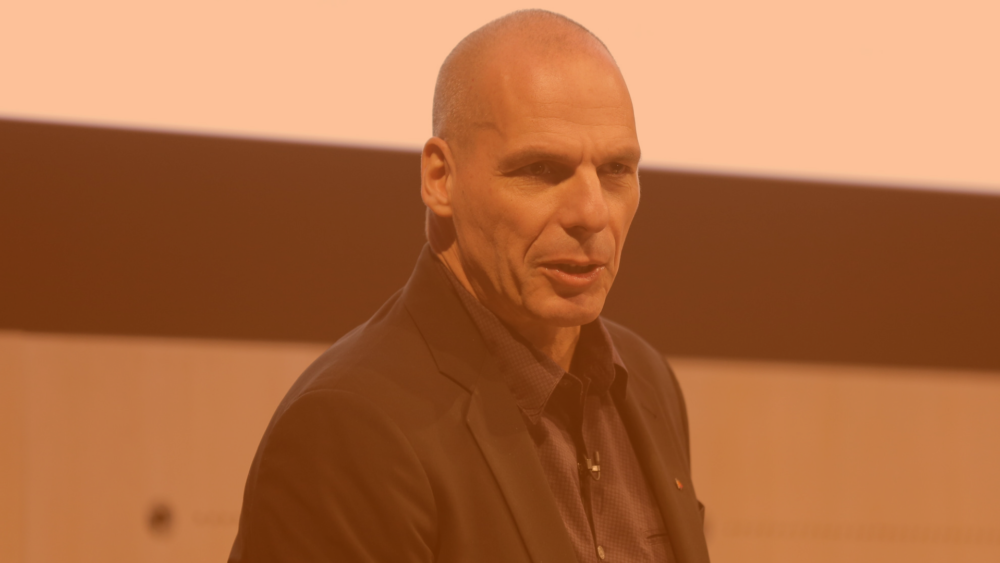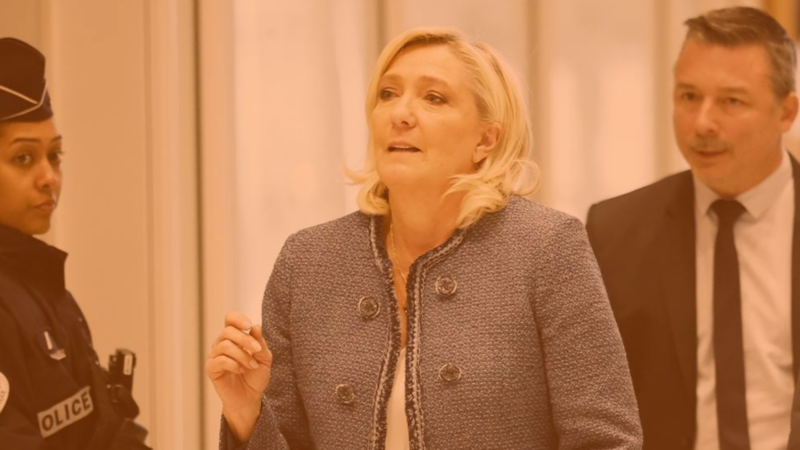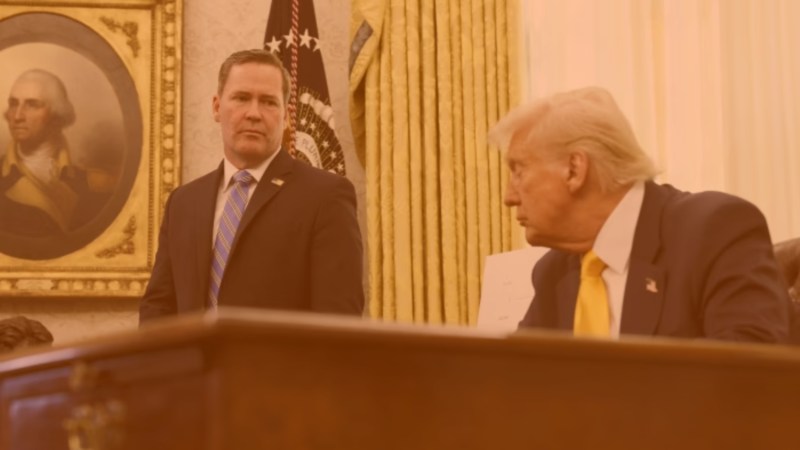Yanis Varoufakis provided responses to a number of questions regarding the world’s current economic issues, from the European Union and its ongoing decline, to the New Cold War between the United States and China, as well as the rise of BRICS.
The global economic outlook this year is one of relatively low economic expansion (sustained by China and a better performance by the US), risk of high inflation, growing competition between the West and the East on various levels. What is your overview of the current cycle?
There is no competition between the West and the East. What we have is a Cold War unleashed by the United States against China and, of course, the war in Ukraine which is continuing to destroy not just lives but also much of the economic potential of countries, Europe, Asia and, especially, in Africa. Under such circumstances, economic predictions are haphazard and utterly dependent on political decisions that have nothing to do with economics. To give you an example, if Joe Biden is re-elected and chooses to escalate the tensions with China (e.g. positioning nuclear missiles in Taiwan), the effect on global capital flows and investment will be very different to what would transpire if a new Trump administration erects even higher trade barriers around the United States but de-escalates the New Cold War that Trump initiated versus China. One prediction that I believe is safe, sadly, is the never-ending decline of the European Union’s economy – the result of the mishandling of the euro crisis and the repeated failures to exploit crises (including the pandemic) to consolidate a common investment and fiscal strategy.
Within this panorama, what can be expected in the Global South?
The Global South will continue to attempt to decouple from the dollar payment system and to find ways of greater cooperation. However, these attempts are unlikely to yield significant returns any time soon. One reason is that the political personnel of the ruling classes in many of the Global South’s countries have too much invested in the United States’ real estate and money markets.
Regarding Europe, do you think the Global Gateway initiative can be successful?
No, it can’t. Like the Juncker Plan and the Green Deal before, the Global Gateway is yet another much publicised project lacking the funding or the institutional commitment that is necessary to make it work. The European Union is excellent at making grand announcements which, soon after the press conference hype has died down, fizzle out. The Global Gateway initiative is one of those.
What’s your opinion about the BRICS and its members as promoters of an economy different from that of Atlanticist or globalist capitalism? Or are they more of the same?
No, they are not the same. But nor are the BRICS (as some amongst Western leftwingers would like to imagine) a solid block opposing Western imperialism. What I think is crucial to understand is the BRICS’ role within a world divided along the lines of opposing supply chains of critical goods like lithium, rare earths, or semiconductors. In that world, the key to success will be alliance building, and this is where the BRICS are way ahead of the West.
It is also important to note the great differences between the BRICS and the West. The BRICS have no equivalent of NATO. China does not have a dominant currency. Their main institution is the BRICS Development Bank, which is a proper multilateral enterprise. China dominates through investments and ownership, but not in the way the US dominates the politics of Europe. It is far from clear how China’s economic transition will proceed, and what affect it will have on third countries. However Washington and Brussels would dismiss the fledgling creation of an non-western dominated financial and economic infrastructure at their peril.
And one last thought: The reason the BRICS deserve to be taken seriously is not because they are about to launch a new currency, which they won’t, or challenge the US as geopolitical actor of last resort, but because of their capacity to expand trade into a modern digital era in manner that undercuts Washington’s capacity to impose its terms and sanctions on the rest of the world.
Could you summarise your idea of techno-feudal economy?
Technofeudalism was ushered in by the development of a new form of capital which I call cloud capital. Unlike conventional capital (e.g. electricity grids or tractors or industrial robots) which is a produced means of production, cloud capital is a produced means of modifying our behaviour; e.g. making us desire commodites that it then sells to us directly (e.g. through Amazon), bypassing markets and, therefore, allowing the owners of this cloud capital (e.g. people like Jeff Bezos) to extract gigantic cloud rents from sellers and buyers. In this new mode of value extraction, where capitalism’s two pillars have been sidelined (market being replaced by digital platforms and profits by cloud rents), AI simply turbocharges the power of the owners of cloud capital – which are our era’s technofeudal lords or, as I call them, our new cloudalist ruling class.
Do you want to be informed of DiEM25's actions? Sign up here















